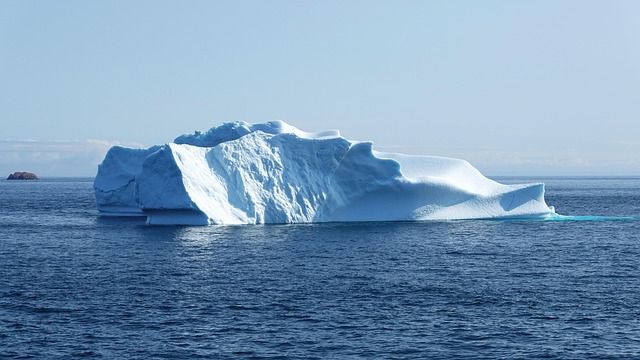Eutrophication is a pressing environmental issue that significantly impacts both aquatic ecosystems and terrestrial environments. As we witness the effects of climate change becoming more pronounced, understanding the relationship between eutrophication and our melting environments becomes increasingly critical. Eutrophication occurs when water bodies receive excess nutrients, primarily nitrogen and phosphorus, leading to a proliferation of algae and aquatic plants. This rapid growth can deplete oxygen levels in the water, creating ‘dead zones’ where aquatic life struggles to survive.
The melting of glaciers and polar ice caps due to rising global temperatures is just one consequence of climate change that can exacerbate eutrophication. As ice retreats, the previously contained nutrients can be released into surrounding waters, contributing to nutrient runoff and intensified algal blooms. These blooms not only affect water quality but also disrupt the delicate balance of aquatic ecosystems. Fish and other aquatic species face habitat destruction, often leading to significant declines in biodiversity.
Furthermore, eutrophication has a cascading effect on surrounding environments. The pollutants that enter our rivers and lakes can travel downstream, impacting not only marine life but also terrestrial communities. Healthy ecosystems are vital for maintaining the functionality of our environment. However, as we continue to witness the consequences of nutrient loading, the intricate web of life becomes increasingly fragile.
The connection between eutrophication and melting environments underscores the urgency of addressing climate change. We need to implement sustainable agricultural practices to reduce nutrient runoff and invest in green infrastructures that can mitigate the impacts of heavy rainfall and flooding. Public awareness campaigns can help educate communities about the importance of protecting water quality and reducing their ecological footprint.
As stewards of the planet, we must come together to combat the effects of climate change and eutrophication. Our actions today will determine the health of our water bodies and the richness of our ecosystems in the future. By fostering a deeper understanding of these interrelated issues, we can advocate for policies that protect our environment and encourage practices that promote sustainability, ensuring that future generations inherit a healthier planet.



